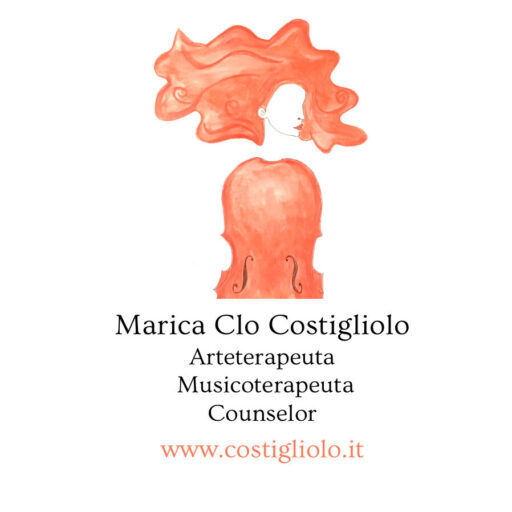L’Organizzazione Mondiale della Sanità ha redatto l’ “Health Evidence Network synthesis report 67: What is the evidence on the role of the arts in improving
health and well-being? A scoping review”. Il documento è estremamente rilevante per i professionisti dell’Arteterapia, ma anche per gli operatori musicali e artistici.
Circa il rapporto tra arteterapia e musicoterapia e autismo vi sono riportate alcune ricerche scientifiche secondo cui la musica e l’arteterapia possono migliorare la comunicazione, le abilità sociali, il linguaggio e la percezione sensoriale, la coordinazione motoria. Qui un breve estratto:
“There is a wide literature demonstrating that some individuals with ASD can excel at creative activities, including having superior memory for pitch and timbre, excellent broader musical memory and high levels of ability to process melodic and rhythmic complexity (688). Even among those without such skills, the arts have been shown to have profound benefits. Music and art therapy can improve communication, including social interaction skills, sensory perception and language in some children with ASD (689–692). It has been proposed that music is particularly effective for communication as it forms a proxy language, encoding both metaphor and linguistic structures (693), while art-making allows the use of symbols as well as coupling of the artwork with body language for expression (691). Music and arts can, therefore, play a pivotal role in socialization and communication for young children with ASD (694). Studies have shown that auditory–motor rhythmic training through music can facilitate and improve language processing and acquisition and speech control (688). This may be partly because the mechanisms of speech and song have functional and structural differences, with music abilities more frequently preserved in children with ASD (695,696). Relatedly, rhythmic–motor components in music have also been found to improve motor control, including gross and fine motor skills, which can be impaired in children with ASD (695,697). One study has even suggested that antenatal music training and maternal talk can reduce the risk of children developing autistic-like behaviours (698), although more research is needed here.”
